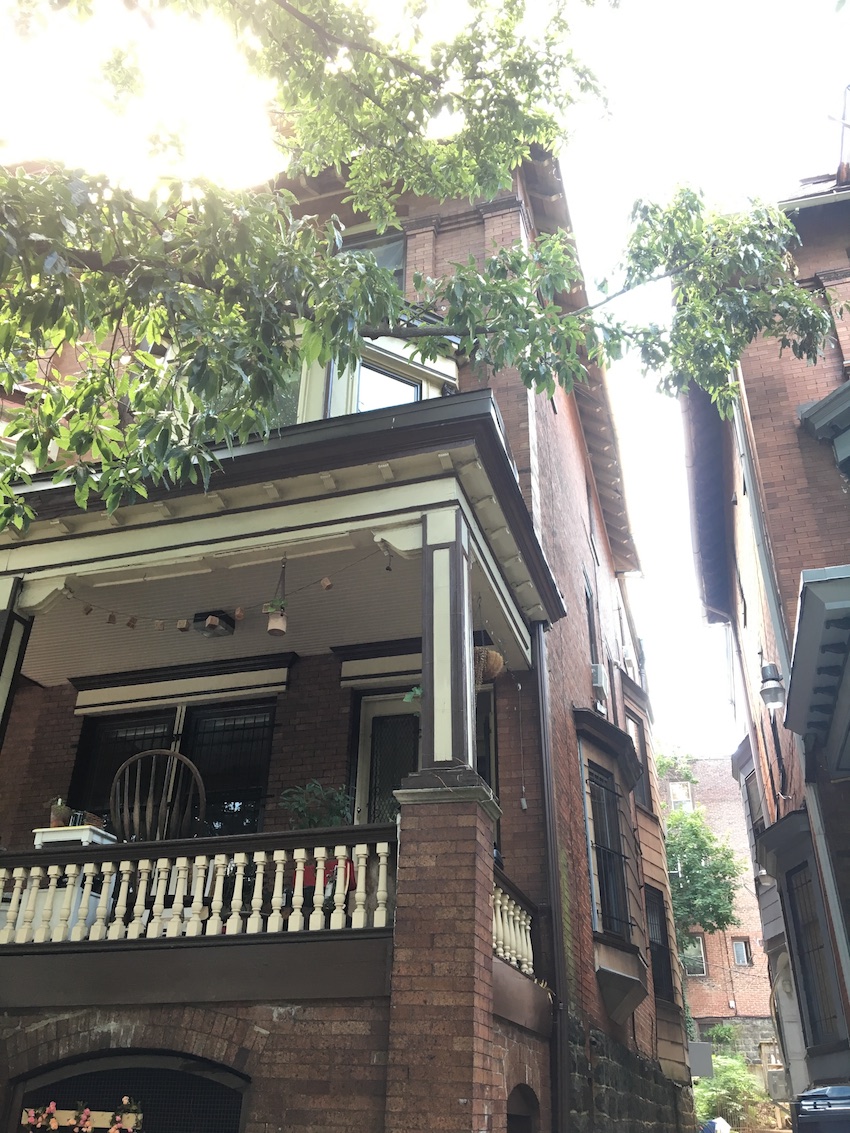As Kenya prepares for next week's election, AFSC is helping young people call for peaceful elections.
Kenya has had a history of electoral and political violence, but the events that followed the 2007 election were especially horrific. More than 1,300 people were killed, and over 600,000 were displaced in the violence that followed the controversial election and ballot counting process. A country that was a strong and stable democracy in East Africa appeared to be on the precipice of a continued civil conflict.
- Read more about Working to prevent election violence in Kenya
- Log in or register to post comments
In the early hours of the morning, the Senate narrowly defeated the Health Care Freedom Act, which would have repealed the Affordable Care Act and potentially stripped health insurance from 16 million people. The bill was defeated after months of courageous protests in Washington, DC and across the country. Here’s what we’re reading to learn more.
When I opened my mailbox last night, I found an envelope with a card in it from the Friends Meeting of Washington (FMW). It was a thank you card signed by several meeting members for my getting arrested on July 13 at an interfaith civil disobedience action with Reverend William Barber in defense of universal healthcare. As a new sojourner at FMW, I was deeply touched by the meeting’s support for this action.
- Read more about Taking Action for Healthcare
- Log in or register to post comments
Steve Chase is a member of Putney Friends Meeting in Vermont and the author of "Letters to a Fellow Seeker: A Short Introduction to the Quaker Way," as well as the Pendle Hill Pamphlets, "Revelation and Revolution: Answering the Call to Radical Faithfulness" and "Boycott, Divestment, and Sanctions? A Quaker Zionist Rethinks Palestinian Rights." Steve is currently the Manager of Academic Initiatives for the International Center on Nonviolent Conflict in Washington, DC.
After a five-year campaign, Providence, Rhode Island passed one of the country's most progressive ordinances on policing.
Linda was only a high school senior when the Providence City Council appointed her to a working group charged with finalizing language for the proposed “Community Safety Act”—an ordinance to hold police accountable and reduce racial profiling in Providence.
A bill called the Israel Anti-Boycott Act is gaining traction in the Senate. The bill—sponsored by 29 Republicans and 14 Democrats—would make supporting the international boycott against Israel a felony punishable by up to a $1 million fine and 20 years in prison. Here’s what we’re reading to learn more:
Last July, my six housemates and I finally finished hauling all our furniture off the enormous moving truck and sat down in the cross-breeze of two fans to hash out who lived in what room in our rented Victorian rowhouse in West Philadelphia.

The AFSC Michigan Criminal Justice Program held focus groups to collect the stories of men and women who served long time in Michigan’s prisons and are now out in the community, doing well and contributing to society.